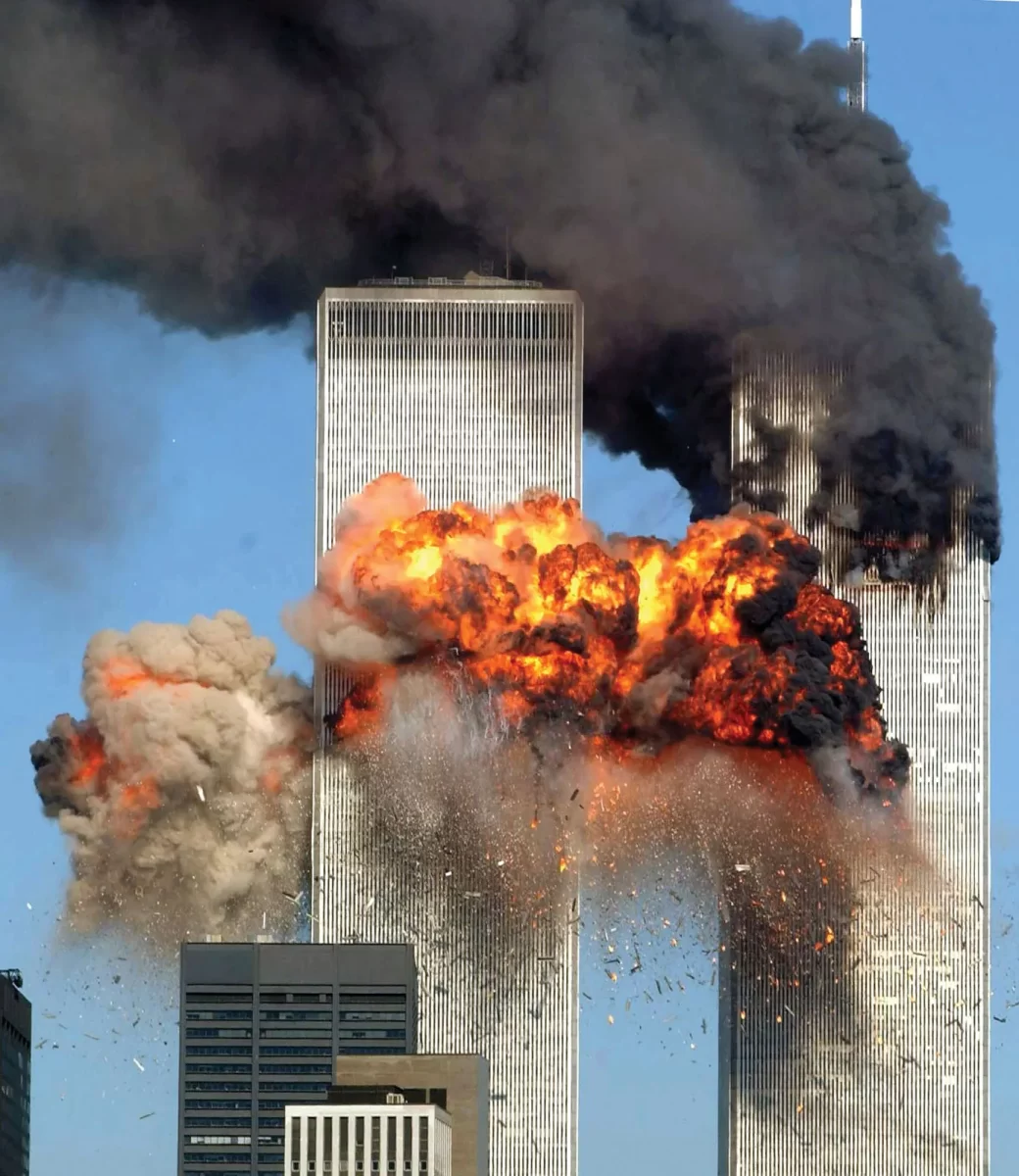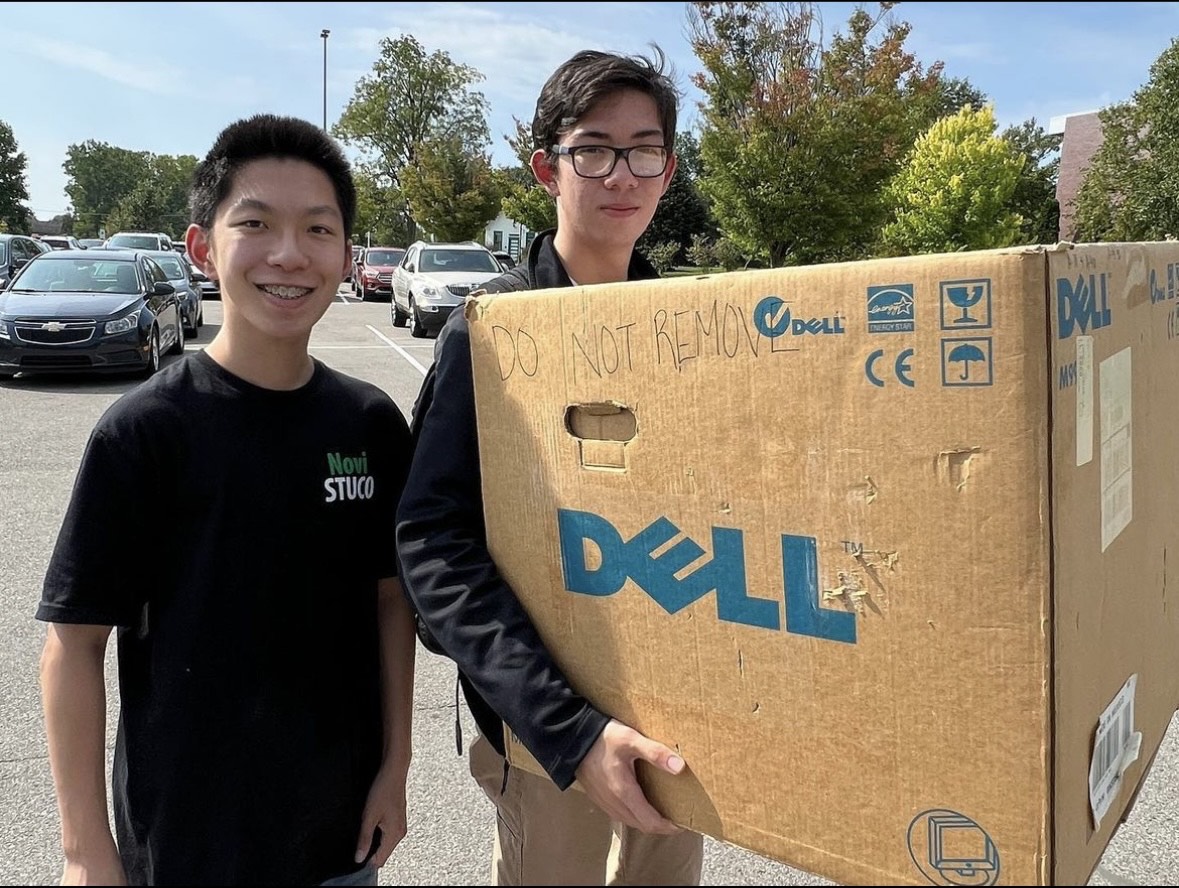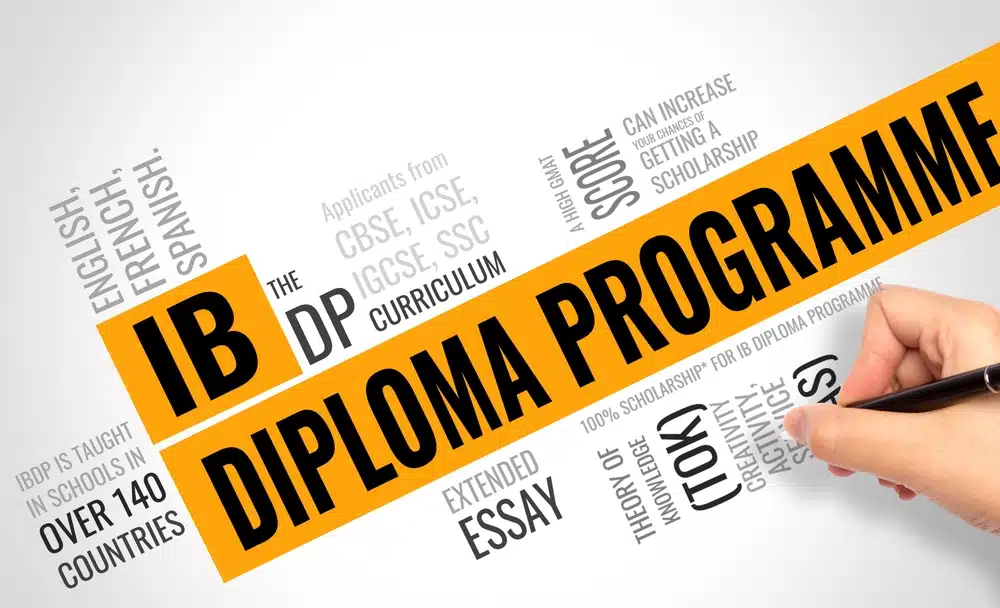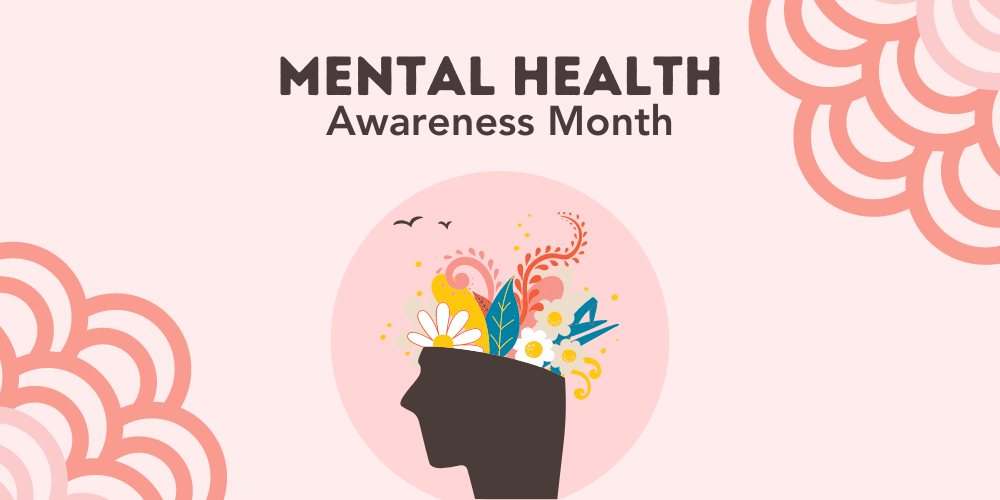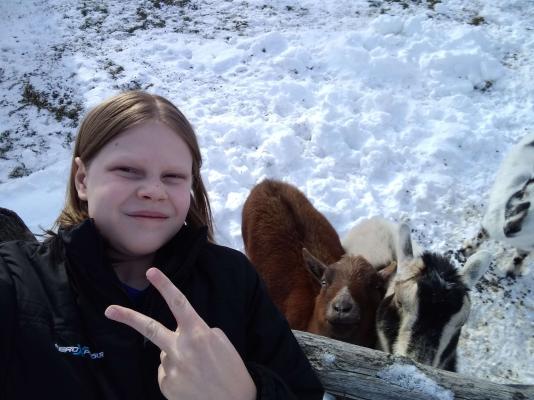The recent anniversary of September 11, 2001, marked 22 years since the devastating attacks across the country. On that day, terrorists hijacked four commercial jetliners, flying two of them into the iconic Twin Towers of the World Trade Center in NYC, and one into the Pentagon in Arlington, Va. The fourth plane crashed down in Shanksville, Pa. after a passenger revolt. The attacks led to the destruction of all seven buildings of the World Trade Center Complex, as well as several other nearby buildings. The 22nd anniversary at the National September 11th Memorial Museum at the World Trade Center site commemorated the 2,977 innocent lives lost on that day, including 366 first responders.
On 9/11, Lee Bonner, a U.S. History teacher, was in his first year of teaching at the high school.
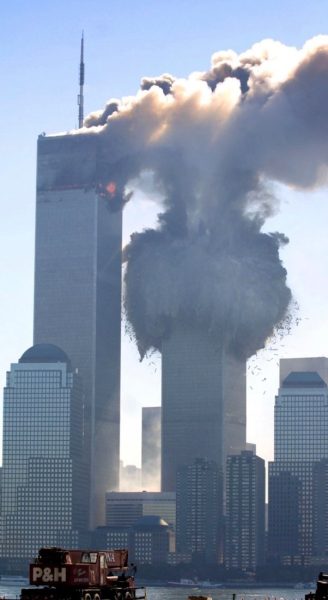
“I remember one of the other teachers knocked on the door and said, ‘Hey, there’s something going on in New York. It might be a teachable moment, might want to turn the TV on.’ I thought, ‘OK, I got a great lesson going, it’s probably not that big of a deal,’ but it just kept running through my head, and two minutes later, I turned on the TV and it came into focus right as the second plane hit,” Bonner said.
As the morning progressed, Bonner watched with his students as the chaos continued.
“I remember when the Pentagon got hit, one of the students asked, ‘Mr. Bonner, are we at war?,’ and I said, ‘Yup, yes we are.’, he said. “I remember later in the day, seeing one of the other teachers carrying his lunch tray, and just crying. So I asked, ‘Oh God, what happened now?,’ and then he told me the first tower had just collapsed.”
Bonner emphasized the way 9/11 changed our lives and society.
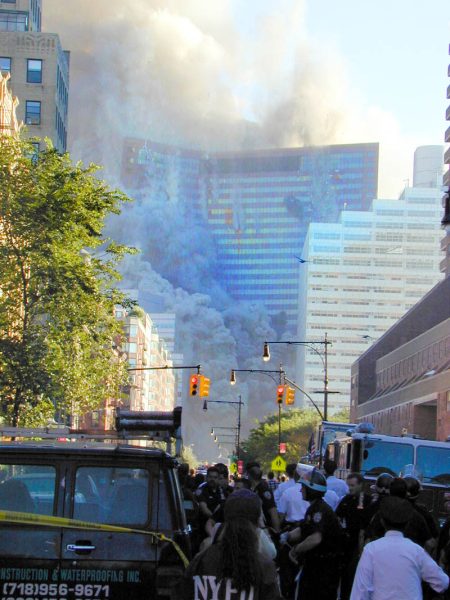
“One of the things I’ve told almost every class I’ve had, whether it be a history class or a psychology class, is that every generation has their defining moment. For me and your parents, that day was our defining moment in our lives and our generation, because it changed the way we live. Much of what we do and how we approach things is different now,” he said. “Going to a sporting event? You could just get a ticket and walk in. Now they have metal detectors and scanners you gotta go through. Going to the airport? Yes they had a conveyor belt, which they would kind of look at, but it was not near the technology we have today. You didn’t have to take your shoes off, you didn’t have to take your belt off; they’d just let you right in. Nowadays, you can’t do that. It’s just how we view large group situations that we’re in. I never used to think about, ‘OK, where are my exits? Or if something happened, where would I go? What happens if I’m at a ball game and the left field stands just blow up?’ You know, those were never thoughts, but it changed the way we lived, and looked at security.”
Rob Baker, the principal at Novi Middle School, was living in Arlington, three blocks from the Pentagon, during the attack.
“At the time I was a graduate student who just moved out to the Washington DC area in 2001 in the fall. I was studying at George Washington University, which is right downtown in DC and I was studying international affairs, studying Latin American trade policy. I was going to do my first day as an intern at the Organization of American States, which is kind of like the United Nations of the Americas of the countries of this hemisphere. It was my first day and I was living in an apartment complex, pretty high up in the air, and I was actually bending over and putting on my shoes.”

“And at that moment, living high up, I was bent over and I was kind of looking out the window and kind of saw like a glint of light reflecting off of something that was kind of weird and caught my eye. Then I saw in between the building and then a second building. The second building was actually the Pentagon. I saw this light reflecting off of metal and it was very low to the ground. And then I felt the ground shake below me. ”
Baker had not yet received news of the attacks, and was completely unaware of what had just happened.
“I wasn’t sure if it was like a shiny bus or if it was a plane, but I had seen the metal reflection and so then I saw the building kind of blow up. That section had this big black cloud of smoke rise out of it,” Baker said. “So I went out on my little balcony and I was peeking in at it like ‘What the heck was that?’, and then I just kind of sat and this black cloud was coming kind of toward me, like burning towards my building. And so I’m like ‘was that a chemical attack, was that something toxic that’s coming my way?'”
The confusion continued as Washington DC’s landmarks began evacuation.

“And so then I started watching closely and then the fourth plane was also still in the air at that time, the one that eventually went down in Shanksville, Pennsylvania. At that time, they were saying the fourth plane was headed to the White House or potentially to the Capitol Building was its target and so I also remember after the hit, you know, the ground shook everything was crazy, but then I also remember like looking out my window when there were like four star generals that were wandering around dazed, like you could see them in uniform. They were all just shocked and amazed by what had happened and they’d obviously just been shaken with a very… you know, I’ve never had a plane hit the building I’m in, and so you can only imagine how there were emergency vehicles everywhere. And it was bonkers and so then they were systematically shutting down Washington DC and my wife worked a couple blocks from the Capitol Building and so I started to freak out,” Baker said.
“To remember the event is to hold it in our collective memories. The people that were obviously killed, the people that were injured, the heroism of the people…you know, can you imagine being on that fourth plane and hearing the news that your plane might become a missile. So taking steps that even might result in you not surviving, but doing that to save somebody else? That selflessness is just a great lesson for everybody to kind of think about giving of themselves.”
